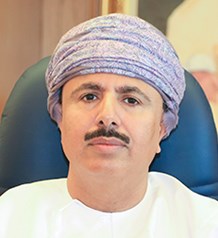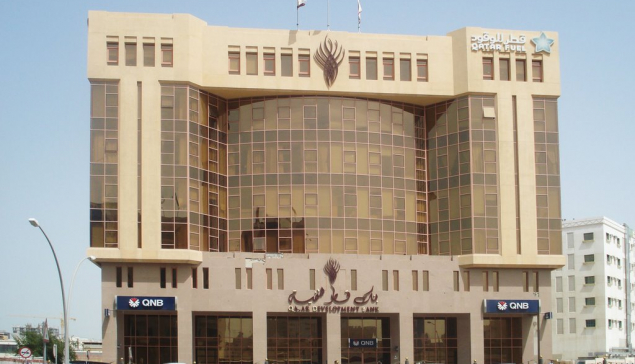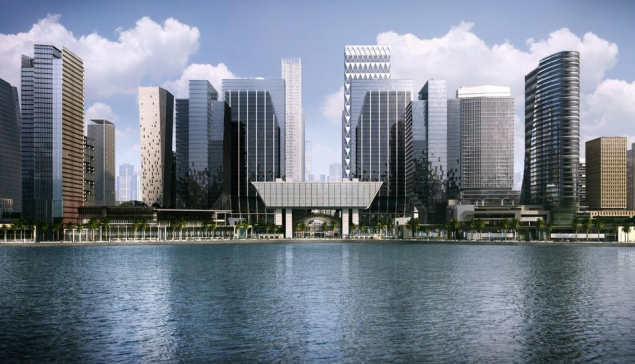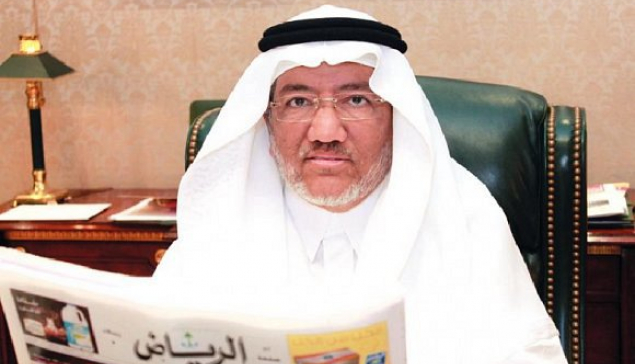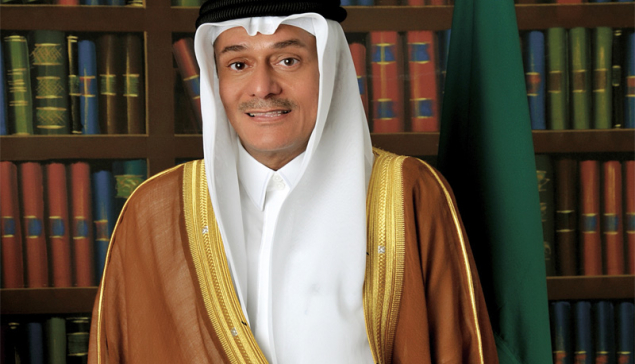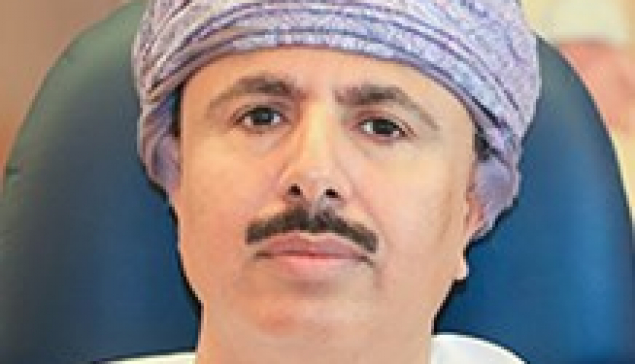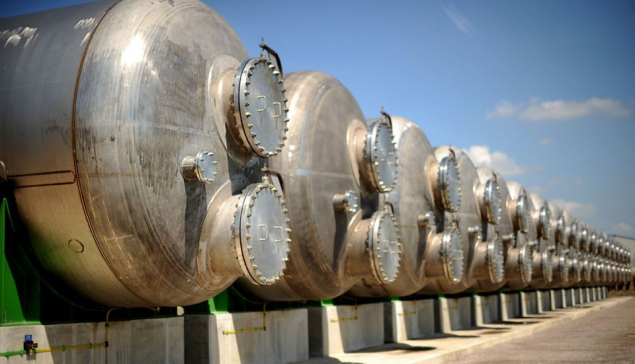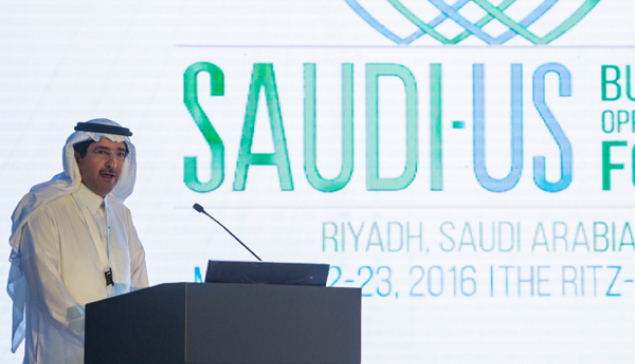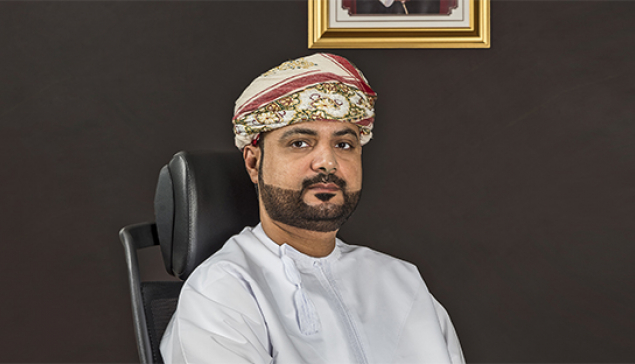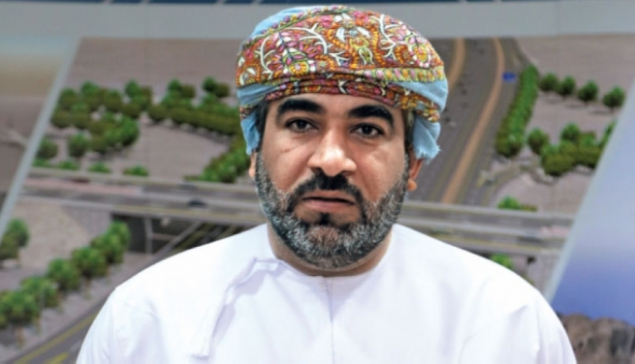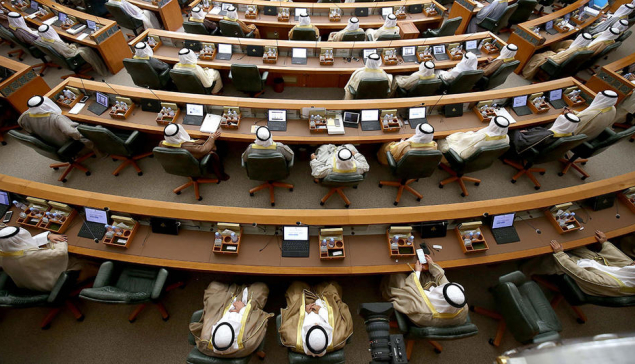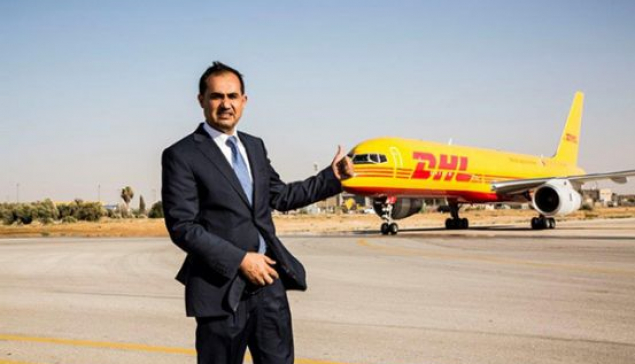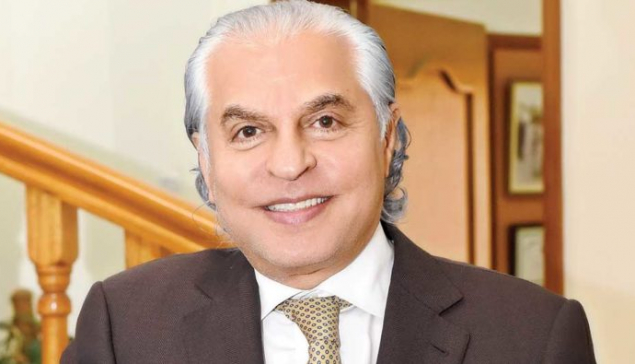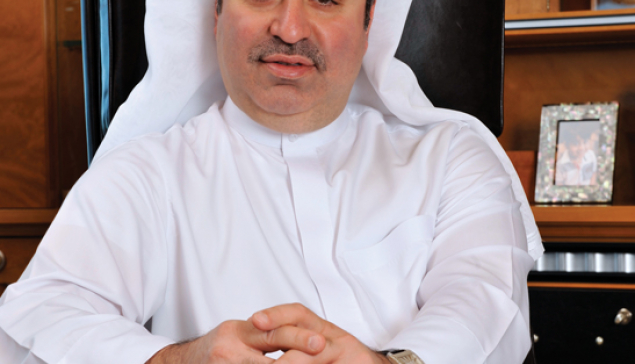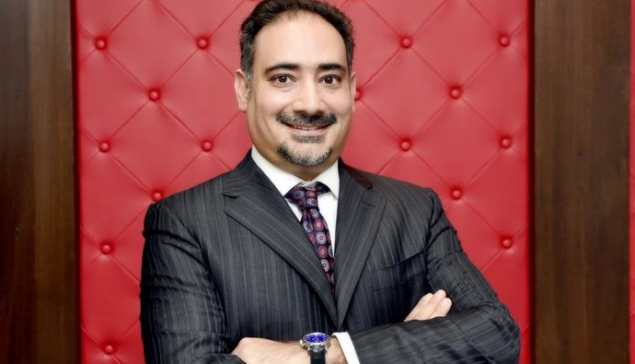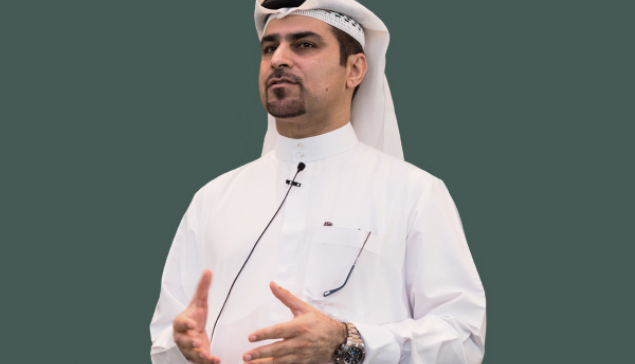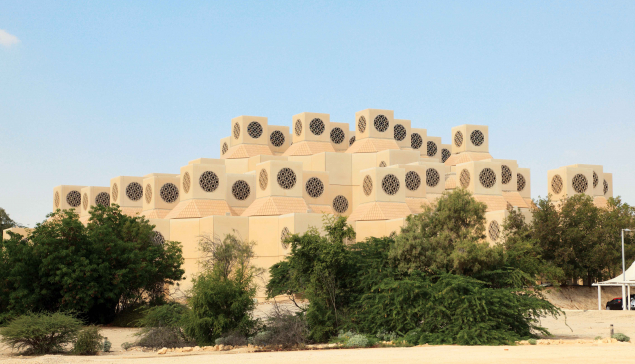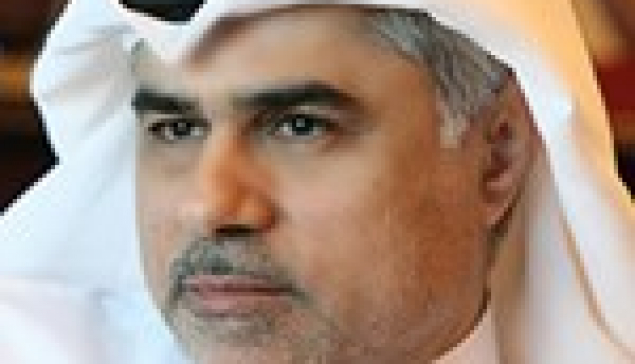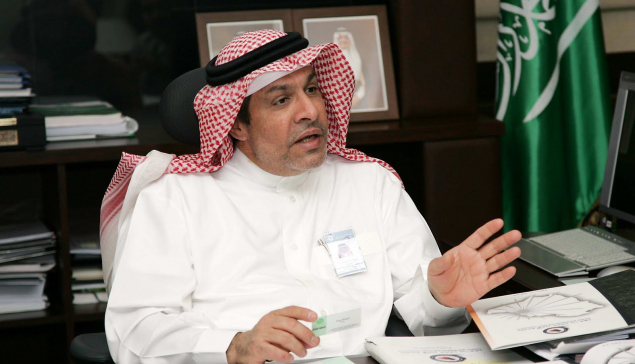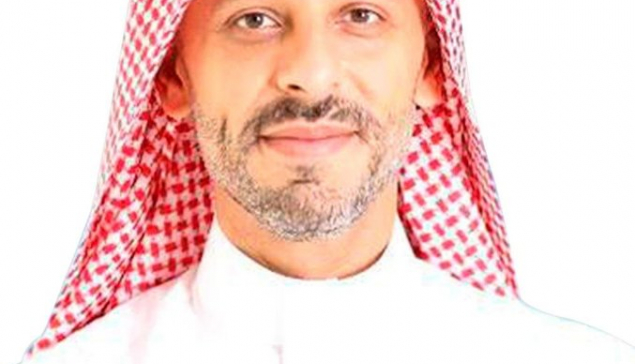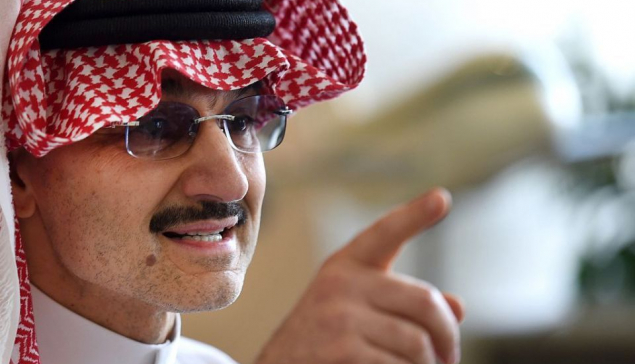Considering that 45% of the Omani population is composed of expatriates, how is the MoM ensuring employment for this population, while maintaining the expected levels of Omanization?
The Ministry of Manpower continues development of the mechanism of Omanization and replacement programs, on realistic basis, in the light of the development of the labor market in the Sultanate, through the work of the Omanization sector committees, which endeavor to provide employment opportunities in private establishments, to employ Omanis. A total of 12 sector committees led by officials from the private sector in the construction, oil and gas, selling and distribution, industry and mining, automobiles, electricity, financial brokerage and banking, transport and telecommunications, education, health, and agriculture and fisheries sectors work in this respect. The task of these committees is to draft general policies, in the light of the development of labor market, training and employment, to achieve Omanization targets and meet the private sector's requirements for manpower with its various levels, skills, and specializations. They also submit proposals for the re-structuring of the sector committees, to be chaired by specialists from the private sector and with the membership of the three production parties (government employers and employees).
Talks were conducted in May 2017 over whether to amend Oman's labor laws; what is the current state of the Labor Law, and how will it help bolster the Omani economy?
The labor law has reached advanced stages and the amendment of this law takes into consideration all current and expected future changes of the labor market. Work on the amendment of law is underway through a partnership and dialogue between the various production parties. The Ministry of Manpower extends remarkable efforts, to develop the services offered by its labor, technological and vocational education sectors, with the aim of developing human resources, who are the cornerstone of economic development in the country, due to their vital role in supporting the national economy and the continued growth, to realize the future visions of the Omani economy and work to meet the requirements of the 9th developmental plan (2016-2020), and its aspirations to build a modern economy based on the knowledge and the increase of production, through investing in the human cadres and utilization of their potentials and capabilities, to contribute to sustainable development.
What new processes are being introduced by the MoM in order to offer the private sector easier, faster, and more transparent means of hiring personnel?
The Ministry of Manpower coordinates with the private sector and endeavors to meet its actual requirement for manpower. The Ministry`s electronic services package was meant to ensure the shift to the e-government and facilitate the provision of services offered to private sector establishments, national workforce and all beneficiaries of the Ministry's services. The new services include: electronic licensing and nomination, the salary protection system "We work" application and the employment contracts signing service. Such electronic services have reduced paper work and enabled beneficiaries of the Ministry's services to finalize about 85% of the services. The electronic services have varied and are being developed, according to the latest internationally applied technologies resulting in the development and streamlining of employment in the private sector.
What steps are being taken between the MoM and the private sector to ensure that Omani workers are sufficiently skilled for what the economy currently demands?
The Ministry has worked with the private sector in drafting policies and projects aimed at developing human resources, striking a balance in the labor market and ensuring its stability and linking education and vocational training with the labor market, with the purpose of developing skills and efficiency of the national manpower, to enable them to further contribute to the economic development. The curricula and specializations of the technological end vocational training have been drafted, in coordination of the private sector. The Ministry has spared no effort in introducing several initiatives with the private sector to provide thousands of employment opportunities for job seekers and ensure the stability of local workers in their jobs. Thus, it has worked towards linking the outcome of technological education with the labor market.
Where is the MoM expected to see the greatest economic growth in the coming year?
Since the mid-1970s, His Majesty Sultan Qaboos bin Saeed has spoken about the reality of the Omani economy, stressing the importance of the country's wealth and the plan of investing this wealth economically and has said that “if the oil revenues are the main source of our income in the present, we realize that we have other abundant resources, which should be invested to speed up the development and progress march we desire for this country," and this prompted us to utilize the Sultanate's wealth and resources in the tourism, agriculture, fisheries, animal, and mineral sectors, which today constitute significant elements in the development of the Omani economy. Stemming from this, the concerned authorities have adopted the national program to enhance the economic diversification (Tanfeedth), which is one of the national programs resulting from the 9th five year development plan, which started in 2016 and will continue till 2020. This program mainly aims to contribute to achieving the Sultanate's economic diversification vision, which includes promising sectors such as tourism, processing industries, logistic services, fisheries wealth and mining, besides supporting capabilities such as the labor market and financing sectors. Through this program, work will continue to speed up implementation of plans in the economic diversification enhancement field, to assist and the government to utilize the best successful practices in the social and economic planning and use its budgets in value added projects, which avail permanent employment opportunities for citizens. This is in addition to achieving the set goals, programs and policies of the economic diversification in the 9th five-year development plan (2016-2020). The program also aims to draft a clear and accurate plan to increase external and domestic investments and follow up implementation of the economic diversification program. Work is underway to implement the plans and programs meant to achieve further prosperity of the Omani society and sustain economic growth, modernize the national economy and diversify its income sources and this will consequently lead to employment of more Omanis in the various economic sectors and promote the living standard in the various Omani governorates. The revenues of other sectors will come to the side of oil revenues, if not replacing them in the future. These steps will also enable the Sultanate to increase the investments allocated for income generating projects and distribute investment geographically, to benefit all parts of the country. Success of this program will ensure multiplication of the per capita income, the balance between revenues and uses and create appropriate conditions to boost the economy away from relying solely on one non-renewable source of income.
- Super User
- Manufactoring
- Hits: 3003
